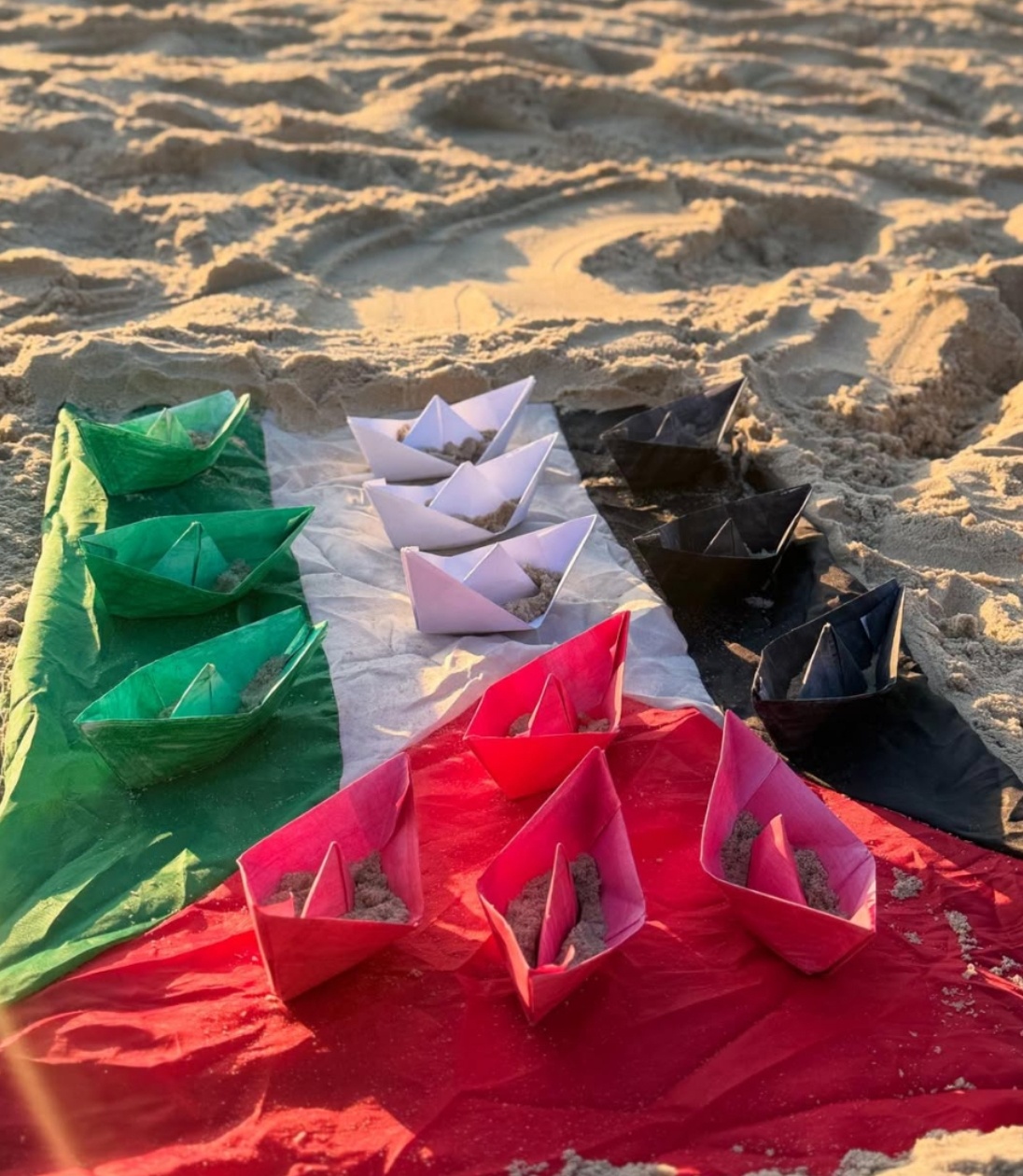The greatness of our time is measured by our ability to multiply these gestures, to make them contagious
There is an attack cutting through our lives, striking at the heart of what allows us to keep our word, to care, to respond, to acknowledge. The most sophisticated and insidious tools of our time are not neutral; they create screens, amplify forgetting, and turn life into a flow of commodities. The response cannot be merely tactical, it must become existential. To act is to reclaim the measure of our gestures and elevate them to the level of acts that affirm collective survival. It is a conversion of attention, a commitment to make presence, care, and speech active forces.
To think of the counterattack this way is to refuse reducing the human to a mere variable. Keeping one’s word for another, repeating tiny but decisive gestures that resist dehumanization. When we reach out, when we document, when we support , the pressure created is not merely symbolic; it is political and material. Compassion becomes obligation, and obligation becomes a force that questions the world order.
Acting does not mean believing we can save everything, but refusing complicity in the extinction of part of our humanity. In this stubborn refusal to let life be commodified and erased, there is a form of secular sacredness. All our imperfection serves a struggle that reclaims the very meaning of being together.
This mystique is not a spiritual refuge apart from politics; it is the collective awareness of a shared bond. It emerges when technology reflects us back, revealing both our achievements and our crimes. In that reflection lies upheaval, revulsion, and posssibility.

Those who cross the sea with archaic gestures know it instinctively : in the repetition of a simple act there is a power that defies imperialism, because it reminds us that life cannot be reduced to a state strategy.